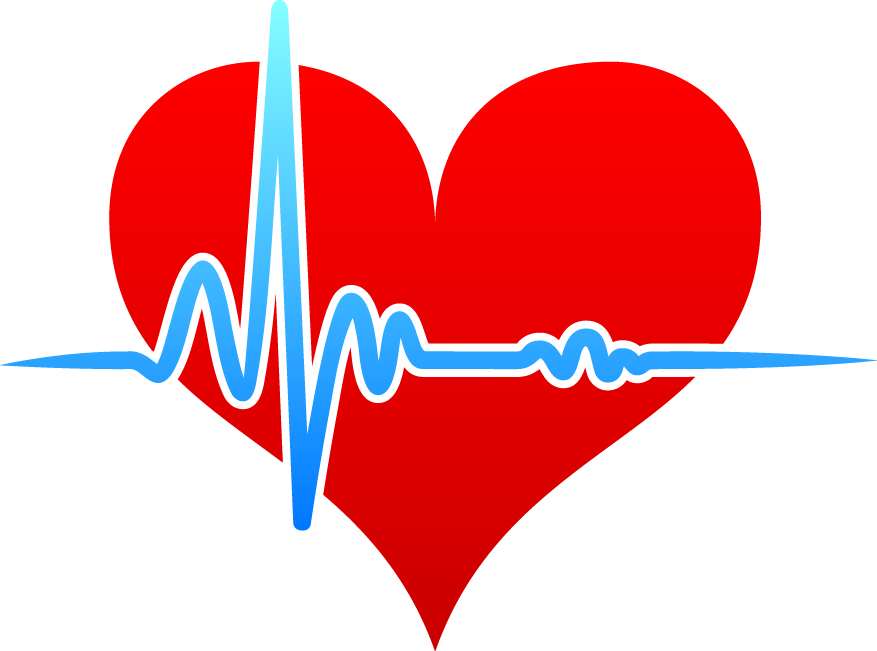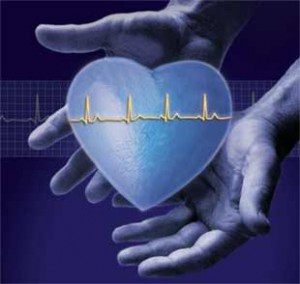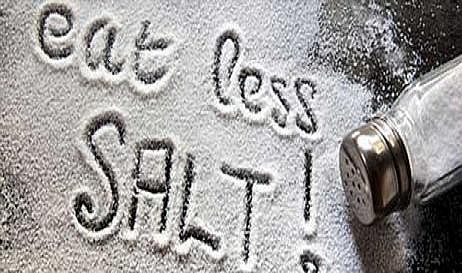 High Blood Pressure Risk Factors
High Blood Pressure Risk Factors
It is important to keep your blood pressure under 140/90 mm Hg. Blood pressure higher than that is considered dangerous. Below is a list of high blood pressure risk factors. People with any of these risk factors should have their blood pressure checked every time they visit their doctor. For those who fall into several risk categories, experts recommend purchasing a blood pressure cuff and a stethoscope and taking your own pressure reading every week.
- Cigarette smoking or being exposed to secondhand smoke on a daily basis
- Diabetes (a fasting glucose higher than 125 mg/dL)
- Kidney disease
- Family history of hypertension
- Being obese or overweight
- Leading a physically inactive, sedentary lifestyle
- Men over the age of 45
- Women over the age of 55
- Taking oral contraceptives
- Elevated cholesterol levels
- Frequently consuming alcoholic beverages
- Being African American







